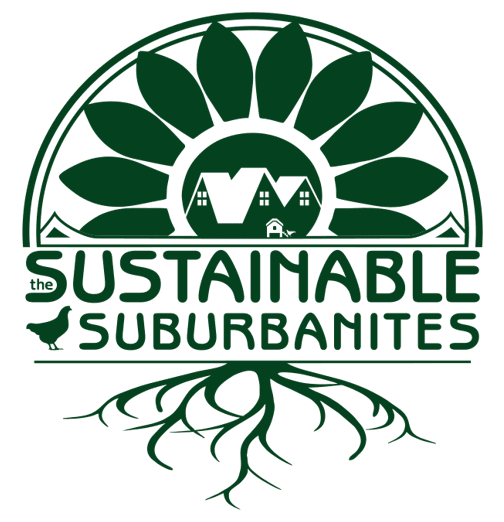Hey, it’s Talk About Tough Things Tuesday! So let’s talk “chemicals” shall we?
Here’s the dealio. “Chemicals” is a stupid word and I use it as infrequently as possible. So do basically all the brilliant conservation native plant science-y people.
Because it doesn’t really MEAN anything. It mostly just leads to disinformation and misguided paranoia that hurts conservation rather than helping it.
The Myth of Chemical-Free Gardening
“Chemical-free gardening” is not a thing.
- Water is a chemical.
- Plants are made of chemicals.
- You are made of chemicals.
- The air is made of chemicals.
Do you see what I’m getting at here? Everything is made of chemicals.
Unfortunately, this doesn’t stop the “natural” (also a stupid word) folks in gardening groups from being all I DO CHEMICAL FREE GARDENING BY DUMPING SALT AND VINEGAR IN MY GARDEN FOR WEED CONTROL.
Pro tip! Don’t do that.
Have you ever heard of “salting the earth” in old-timey war stories? Yea. It’s a very effective way to kill everything in the soil to ensure that nothing grows – even the stuff you want.
Okay if chemicals is a silly word, how do we talk about this?
When it does come time to talk about various chemicals, always specify what you’re talking about. Either name the specific product, or at least state what type of product you’re referring to.
Are you advocating for less herbicide use? Great! A noble goal; our suburban culture wildly overuses all sorts of unnecessary and totally not super great herbicides to combat silly things like wild violets (which are native, leave them be, yes yes even if they’re weirdly growing in the middle of your perfect lawn) and dandelions. That’s a pretty stupid use of herbicide right there.
HOWEVER – some herbicide use is necessary as we endeavor to restore native plants to areas that have been overtaken by invasives or have been lawns for decades upon decades.
I know, I know! That’s really hard to acknowledge. But given the rapidly decreasing time window to combat rapidly increasing insect biodiversity loss, mid-to-large scale projects quite often (usually) require a “spray kill” of some variety in order to ensure maximum removal of invasives, while still leaving minimum damage to the organic material in the soil to help the new baby native plants grow.
Is that super great? Not really. Is it always required? Nope. There are a variety of options to prep sites for native planting. But do certain circumstances of time, location, invasiveness and so forth justify the short-term use of “chemicals” to aid in conservation work?
Yerrrrppppp. Absolutely 100 percent; conservation cannot occur without it.
Important Clarifications!
Before everybody shits their pants that I’m encouraging people eNdAnGeR tHe wOrLd wItH cHeMiCaLs I will clarify several things:
1. DO NOT do it yourself. I would NEVER advocate for someone who is untrained and unsure of how to apply any herbicide (or pesticide and so forth) to run into Wally World and grab a jug o’ roundup and get to work. Contact your extension office for help finding a trained professional to assist you. They know how to mitigate risk from the materials and apply them safely.
2. Review your plans with a professional. When we did our first native gardens, we went back and forth and asked OODLES of questions with our landscaper to determine what the best way was going to be to complete our project. For the first two wumbo jumbo gardens in the middle of the front lawn – spray kill was the way to go. For every garden space thereafter we’ve gone by with mulching, hand pulling, and other herbicide-free methods.
3. The “danger” of herbicide use is relative. When applied correctly, the use of some herbicide to restore an urban/suburban areas to native plants and trees is far preferable to the continual mowing and blowing and associated noise and cHeMiCaL exposure from leaving them as they are.
4. It’s okay to be nervous, confused, or wary about this discussion. It’s a contentious and confusing thing to grapple with. I’m not going to say “do your own research” because research is also a silly word that does not mean “watch some YouTube videos and read three articles,” but I WILL say contact licensed and experienced professionals who HAVE done their research to ask questions and learn more about the do’s and don’ts of “chemicals”
